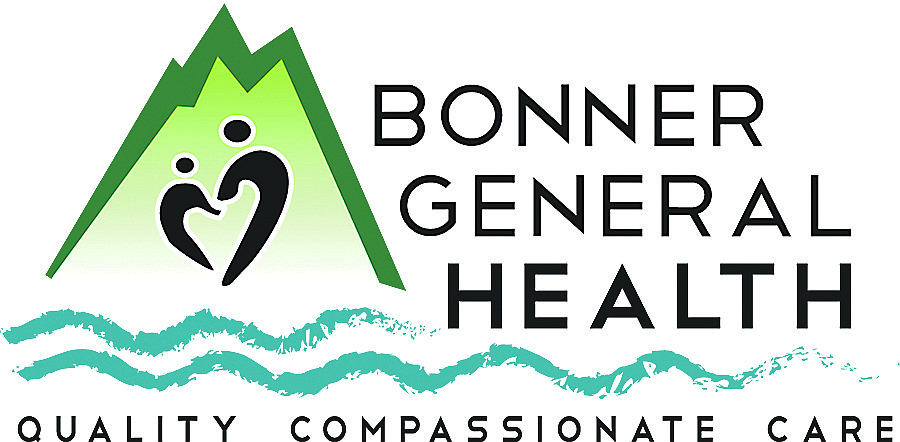The difference between internal, family medicine
KATHY HUBBARD / Contributing Writer | Bonner County Daily Bee | UPDATED 1 year, 12 months AGO
Adding internal medicine to Bonner General Health’s slate of healthcare providers has brought up a very good question. What’s the difference between internal medicine and family medicine? The quick answer is that family practitioners provide care for patients of all ages, while those focused on internal medicine treat adults, 18 years and over.
Just to be clear, internal medicine physicians are often called “internists” and should not be confused with “interns” who are doctors in their first year of residency training.
After obtaining their four-year undergraduate degrees, would-be doctors must graduate from a four-year medical school. After that, the length of residency training for both internal and family physicians is an additional three years.
The American University of the Caribbean School of Medicine’s website explains that “training in family medicine and internal medicine takes place in both the outpatient and inpatient settings, but the emphasis is different for each. Family medicine involves more outpatient care while internal medicine has more of an emphasis on inpatient care.”
Both internists and family practitioners are considered primary care doctors and have training in several subspecialties. Both treat adults, and both, in some cases, treat children. So, you can see that their training and expertise overlap — a lot.
“Internal medicine doctors specialize in diagnosis, treatment, and prevention of disease in their adult patients,” Beaumont.org’s website states. “They are trained to offer care for a wide variety of health conditions and to counsel their patients on prevention and overall wellness.”
They also say that some internists take additional training in a subspecialty such as neurology, endocrinology, oncology, psychiatry, dermatology, cardiology, geriatrics, or rheumatology.
While family doctors care for people of all ages their training encompasses pediatrics, adolescent medicine, adult medicine, and geriatrics. “Family medicine doctors often care for the same patients throughout their lives, and in many cases, they care for multiple generations of family members at the same time,” Beaumont says.
Dr. Bernard Remakus, an internist and author is quoted on St. George’s University School of Medicine’s website. He says, “while internists typically diagnose and treat medical problems of greater complexity than family practitioners in both the office and hospital settings, family practitioners provide more ‘well-patient’ services in the office setting and don’t treat as many hospitalized patients.”
Of course, he does add that this is a generalization and that family practitioners also treat seriously ill patients and internists treat healthy ones. It does seem complicated, doesn’t it?
Let’s go to the American College of Physicians (ACP). “Historically the two specialties developed from very different backgrounds. Internal medicine grew out of the increasing application of scientific knowledge into the practice of medicine starting in the late 1800s.
“This ‘scientific’ approach to medicine was unique at the time and was progressively applied to the wide spectrum of diseases that commonly affect adults. With the growth and development of pediatrics as a separate specialty devoted to the care of children in the early 1900s, internal medicine continued its primary focus on adult patients.
“The specialty of family medicine grew out of the general practitioner movement in the late 1960s in response to the growing level of specialization in medicine that was seen as increasingly threatening to the primacy of the doctor-patient relationship and continuity of care.
“Conceptually, family medicine is built around a social unit (the family) as opposed to either a specific patient population (i.e. adults, children, or women), organ system (otolaryngology or urology), or nature of an intervention (i.e. surgery). Consequently, family physicians are trained with the intent to be able to deal with the entire spectrum of medical issues that might be encountered by the members of a family unit.”
Paraphrasing what ACP said in-depth, each of these specialties is unique and offers patients different strengths. The internist has developed the skill to diagnose a wide variety of diseases that commonly affect adults, while the family medicine physician’s education is broader because they provide care to a wider age range.
Whichever you choose, you can rest assured that Bonner General Health will provide you with the highest quality of care. Family Practice 208-265-2221. Internal Medicine 208-263-6876.
Kathy Hubbard is a member of the Bonner General Health Foundation Advisory Council. She can be reached at [email protected]. If you have an idea for a topic you’d like to see covered here, please email me.



